EPA trends report finds MY 2021 fuel economy remained flat at a record high while CO2 levels hit new low
Green Car Congress
DECEMBER 13, 2022
The US Environmental Protection Agency (EPA) released its annual Automotive Trends Report , which shows that model year (MY) 2021 vehicle fuel economy remained at a record high—but flat with MY 2020 fuel economy—while CO 2 emission levels reached a new record low. Source: EPA. Source: EPA. SOurce: EPA.

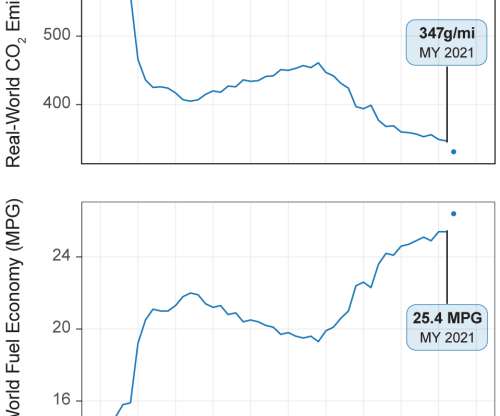

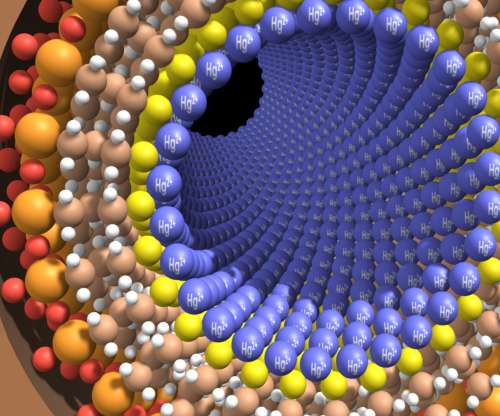
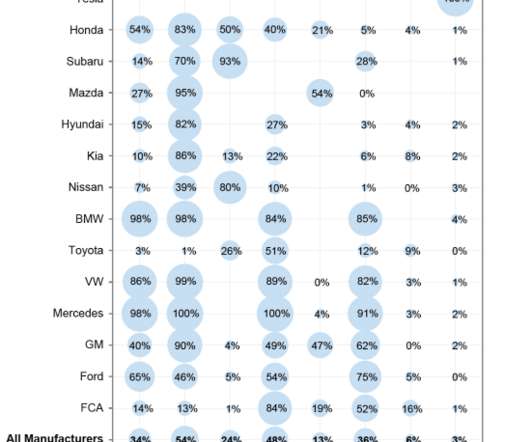



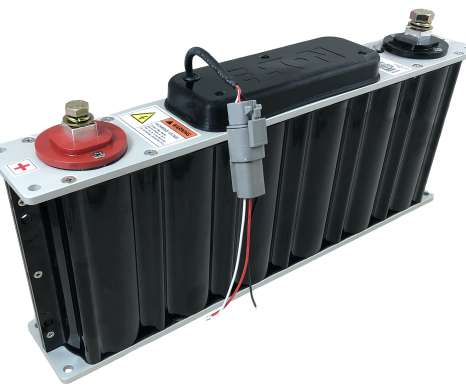
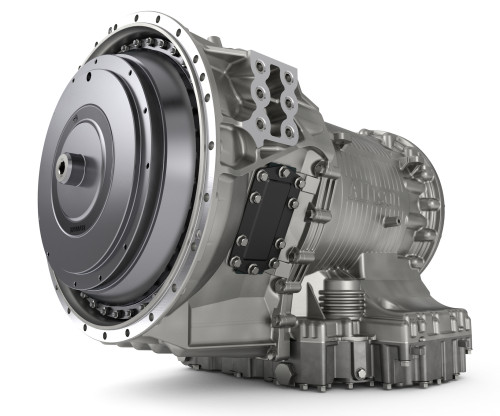




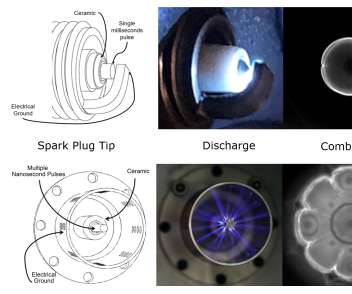






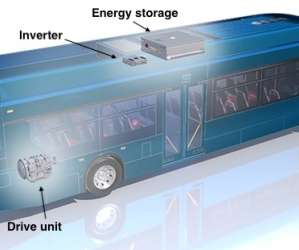


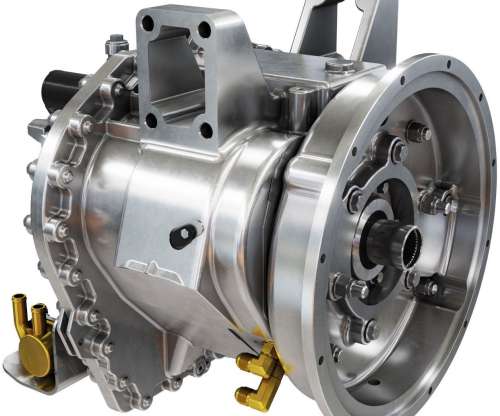
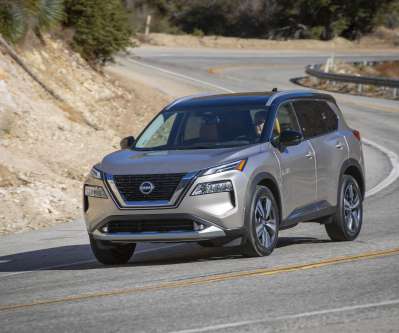


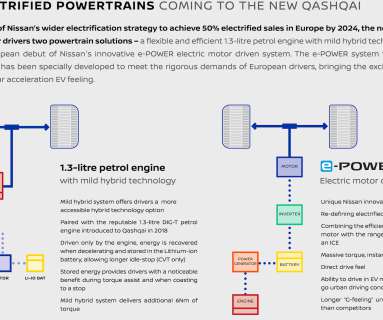
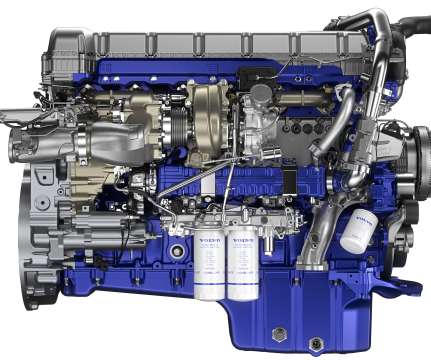






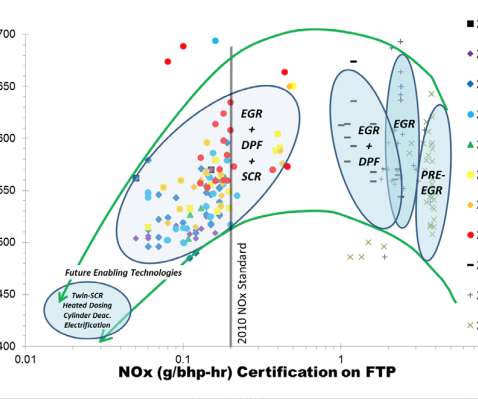






Let's personalize your content